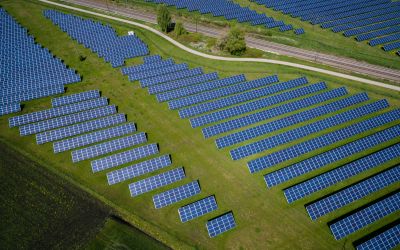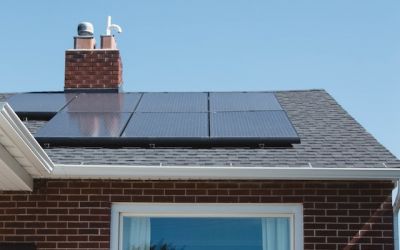Payback time on solar panels under 5 years - if you use them to charge electric car
A new study by British Gas suggests that having an electric car and using solar panels to charge it could cut the payback time for the panels in half, meaning they would pay for themselves in 5 years.

A new study by British Gas suggests that having an electric car and using solar panels to charge it could cut the payback time for the panels in half, meaning they would pay for themselves in 5 years.
The study was based on a 2.52 kWp system and a Nissan Leaf, at the home of TV Presenter and Red Dwarf star Robert Llewellyn. He is a well known electric car advocate and runs his own blog on the subject called “Fully Charged”.
The system cost £11,500 and the panels have contributed 85% of the energy used (2,290 miles out of 2,680) in his Nissan Leaf in the last 3 months. Given that a petrol car costs £150 per 1,000 miles, electric £37.10 per 1,000 and Llewellyn’s solar powered car cost just £5.38, it is clear there are massive savings available. Their estimates say that given feed-in-tariff payments and savings on petrol for 12,000 miles a year, the panels will pay for themselves in four and a half years.
It is a great time to invest in solar technology, with prices falling around the world (the US saw falls of 17% in the cost of solar installation) and new technologies emerging to reduce production cost and to lower carbon emissions. Innovations in electric car design also see prices falling. The combination of the two could tip the balance, making electric cars the go to cheap option in the near future. However, it is important to remember that these figures take into account government subsidies and tax breaks, which must be kept in place to make this possible. Perhaps in the near future this will not be necessary, as long as green industry continues to develop cheaper, greener technology.




